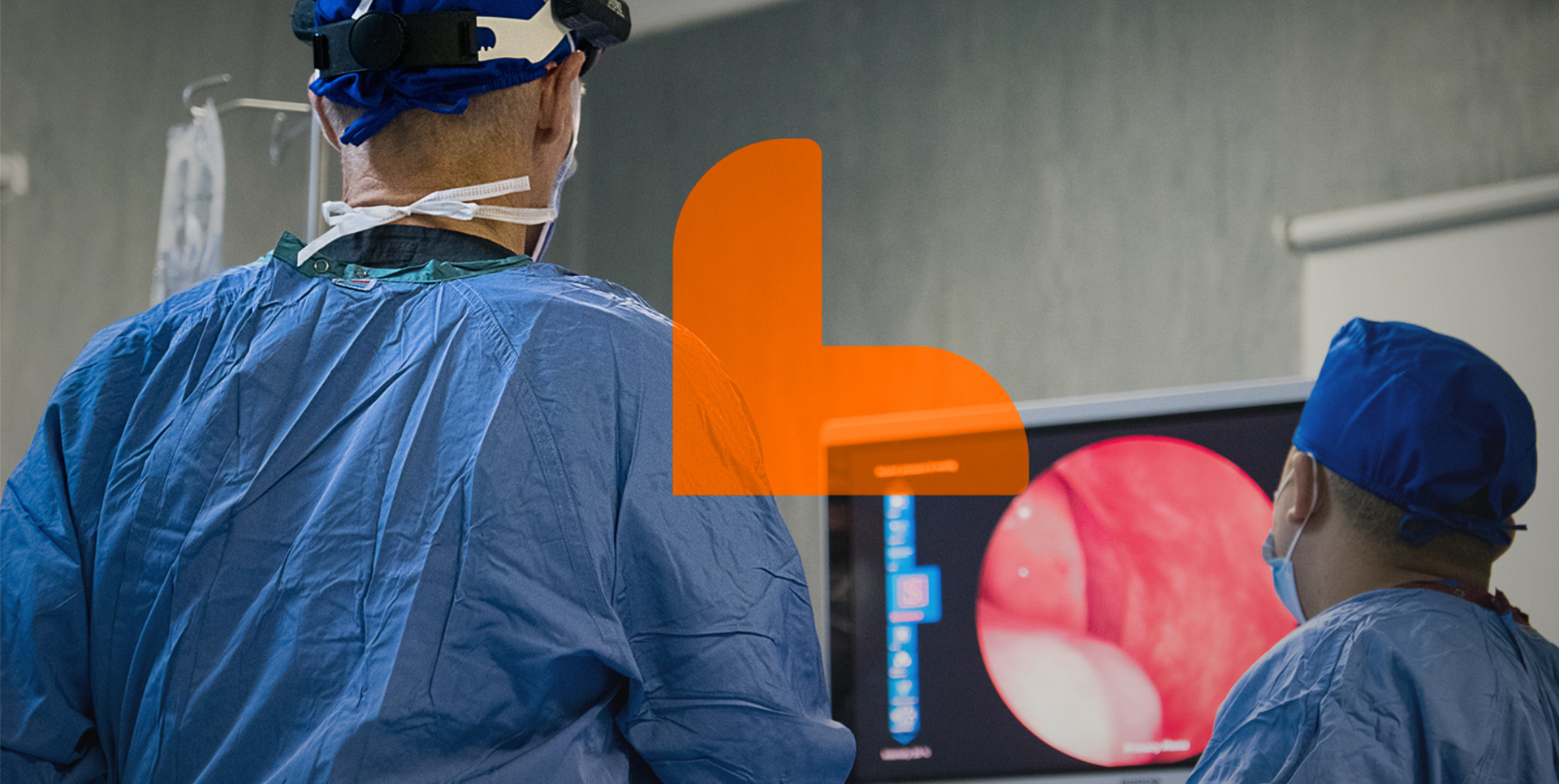Expert Digestive Care
From routine colonoscopies to advanced GI procedures, we diagnose and treat digestive issues with expert care. We offer top-tier, comprehensive gastroenterology care tailored to help you get relief from troublesome symptoms.

Expert Digestive Care
From routine colonoscopies to advanced GI procedures, we diagnose and treat digestive issues with expert care. We offer top-tier, comprehensive gastroenterology care tailored to help you get relief from troublesome symptoms.

Our Approach
Patient-Centered
We listen to your concerns, consider your medical history and tailor a care plan that fits your life.
Early Detection
We deliver the best outcomes and peace of mind by catching issues like colorectal cancer early.
Chronic Care
We offer expert care for chronic conditions like Crohn’s disease, ulcerative colitis and IBS to help you feel better and live comfortably.
Targeted Relief
Our treatments target issues like acid reflux and bloating — helping you feel better and get back to your life.
Dietary Support
We provide dietary advice tailored to your digestive health and specific conditions.
Trusted Expertise
Our specialized care offers the expertise you can trust for complex digestive disorders.
Convenient Access
Our new, state-of-the-art practice offers weekend appointments that fit your schedule.
GASTROENTEROLOGY CONDITIONS & PROCEDURES
Acid reflux happens when stomach acid backs up into the esophagus, causing heartburn and discomfort. Untreated, it can lead to gastroesophageal reflux disease (GERD).
A condition where the esophageal lining changes due to long-term acid exposure, increasing the risk of esophageal cancer
An autoimmune disorder where gluten (found in wheat, barley and rye) damages the small intestine’s lining, leading to nutrient malabsorption.
The inflammation of the gallbladder, usually caused by gallstones blocking the bile duct. Symptoms include intense abdominal pain, nausea, vomiting and fever. If left untreated, it can lead to serious complications like infection or perforation.
A late-stage liver disease characterized by scarring that replaces healthy tissue, hindering liver function. It often results from chronic alcohol abuse, viral hepatitis or fatty liver disease. Symptoms include fatigue, jaundice and swelling in the abdomen and legs.
Colorectal polyps are growths on the colon or rectum lining, which can be benign or precancerous. Regular screening helps detect and remove them early to prevent cancer.
Colitis is the inflammation of the colon, resulting in abdominal pain,
diarrhea and bleeding. It can be caused by infections, inflammatory bowel diseases, or reduced blood flow.
Crohn’s disease is an inflammatory bowel disease (IBD) that can affect any part of the gastrointestinal tract, causing severe abdominal pain, diarrhea, fatigue and malnutrition.
This procedure allows our gastroenterologists to visualize and examine the entire colon directly. A colonoscopy effectively diagnoses various GI disorders, including colon polyps, colon cancer, diverticulosis, inflammatory bowel disease and causes of bleeding or abdominal pain. Colonoscopy not only screens for colon cancer but also offers therapeutic options, such as removing polyps and controlling bleeding. A key advantage is that it combines imaging and treatment in one examination, making it particularly valuable for identifying and removing precancerous polyps.
Diverticulitis occurs when small pouches (diverticula) in the colon become inflamed or infected — leading to abdominal pain, fever and changes in bowel habits.
Fatty liver disease occurs when excess fat builds up in the liver. It can be alcoholic or non-alcoholic (NAFLD), with the latter linked to obesity and diabetes. Many people have no symptoms, but untreated cases can progress to inflammation and cirrhosis.
This procedure examines the lower colon, specifically the sigmoid colon and rectum. It’s a less invasive alternative to a full colonoscopy, offering valuable insights into gastrointestinal health.
Food allergies trigger an immune response to specific food proteins, causing symptoms like hives or swelling. Intolerances, like lactose intolerance, result in digestive issues without an immune response.
Gallstones are hardened deposits that form in the gallbladder, typically made of cholesterol or pigment. Many people are asymptomatic, but when gallstones block the bile duct, they can cause severe pain, nausea and jaundice.
A chronic form of acid reflux characterized by persistent heartburn, regurgitation and swallowing difficulties due to constant acid backup into the esophagus.
Swollen veins in the lower rectum or anus, causing discomfort, pain, itching and bleeding during bowel movements — often from straining or prolonged sitting.
Chronic inflammation of the gastrointestinal tract, primarily Crohn’s disease and ulcerative colitis, leading to severe digestive symptoms and immune response.
A common functional gastrointestinal disorder causing abdominal pain, bloating and changes in bowel habits (diarrhea or constipation) without structural abnormalities.
The inflammation of the pancreas, which can be acute or chronic. Acute pancreatitis often stems from gallstones or excessive alcohol use, resulting in severe abdominal pain, nausea and vomiting. Chronic pancreatitis develops over time, leading to ongoing pain and digestive issues, often due to prolonged alcohol consumption or other factors.
SIBO occurs when there’s an abnormal increase of bacteria in the small intestine, leading to bloating, diarrhea and malnutrition due to impaired digestion and absorption.
Stomach ulcers, or peptic ulcers, are sores on the stomach lining, often caused by H.pylori infection or long-term use of NSAIDs, leading to burning pain, bloating and nausea.
Liver inflammation caused by exposure to harmful substances, like drugs or toxins. Symptoms include jaundice, nausea, vomiting and abdominal pain. Early treatment is essential to prevent lasting damage.
This test allows doctors to examine the upper digestive tract, including the esophagus, stomach and duodenum (the upper part of the small intestine). Using a long, flexible tube called an endoscope, equipped with a camera and light, the doctor guides it through the mouth and down the throat to visualize these areas.
Doctors can capture color images during the procedure and take biopsies of abnormal tissue, such as growths, irritations or ulcers. These tissue samples are then sent to a pathologist, who analyzes them under a microscope to help diagnose any disorders affecting the upper digestive tract.
An infection that inflames the liver, primarily caused by hepatitis A, B, C, D or E. Each type has different transmission methods and severity. Symptoms often include fatigue, jaundice and abdominal discomfort — with chronic infections leading to serious complications like cirrhosis and liver cancer.
EXPLORE VIDEOS

Meet Our Team